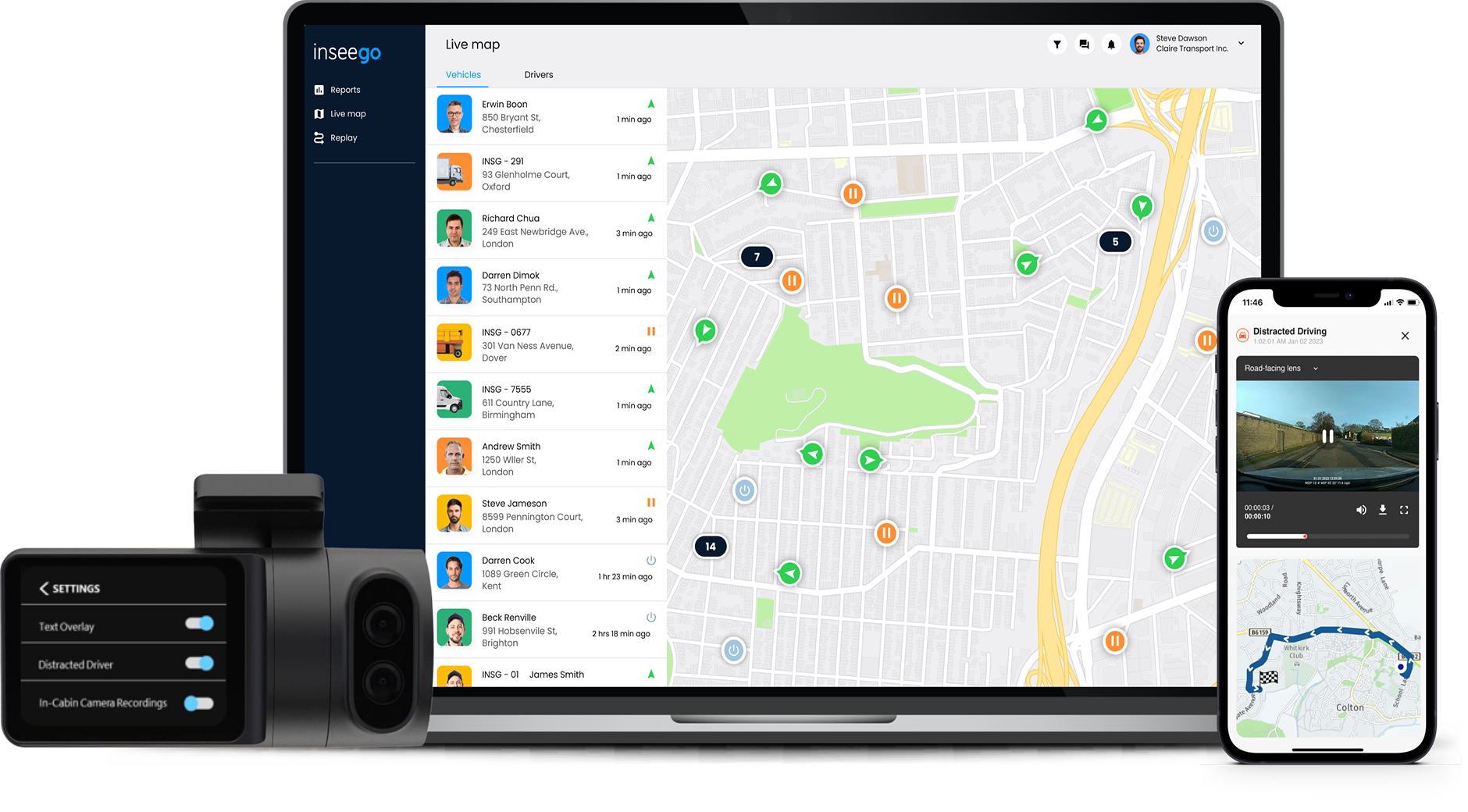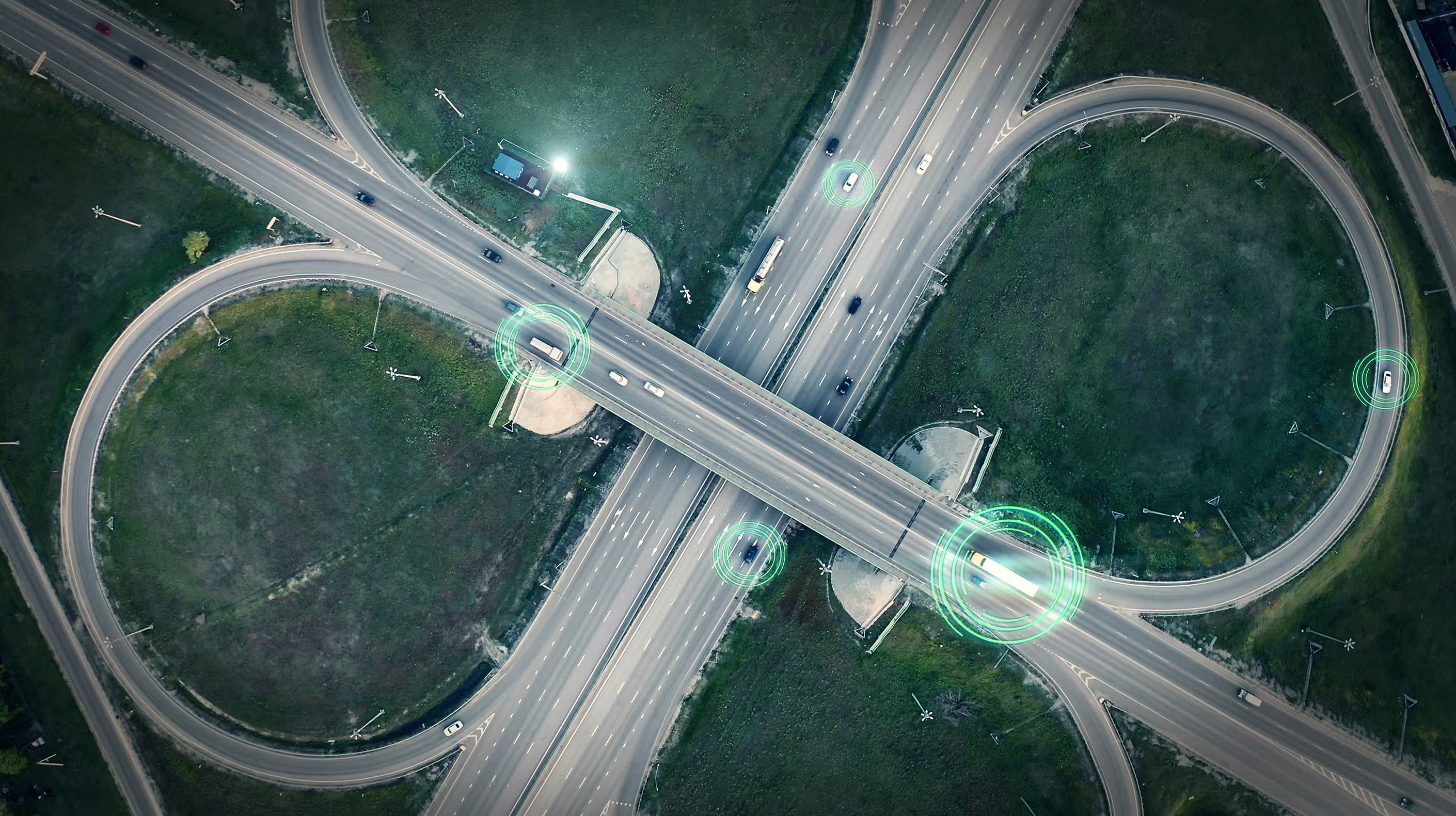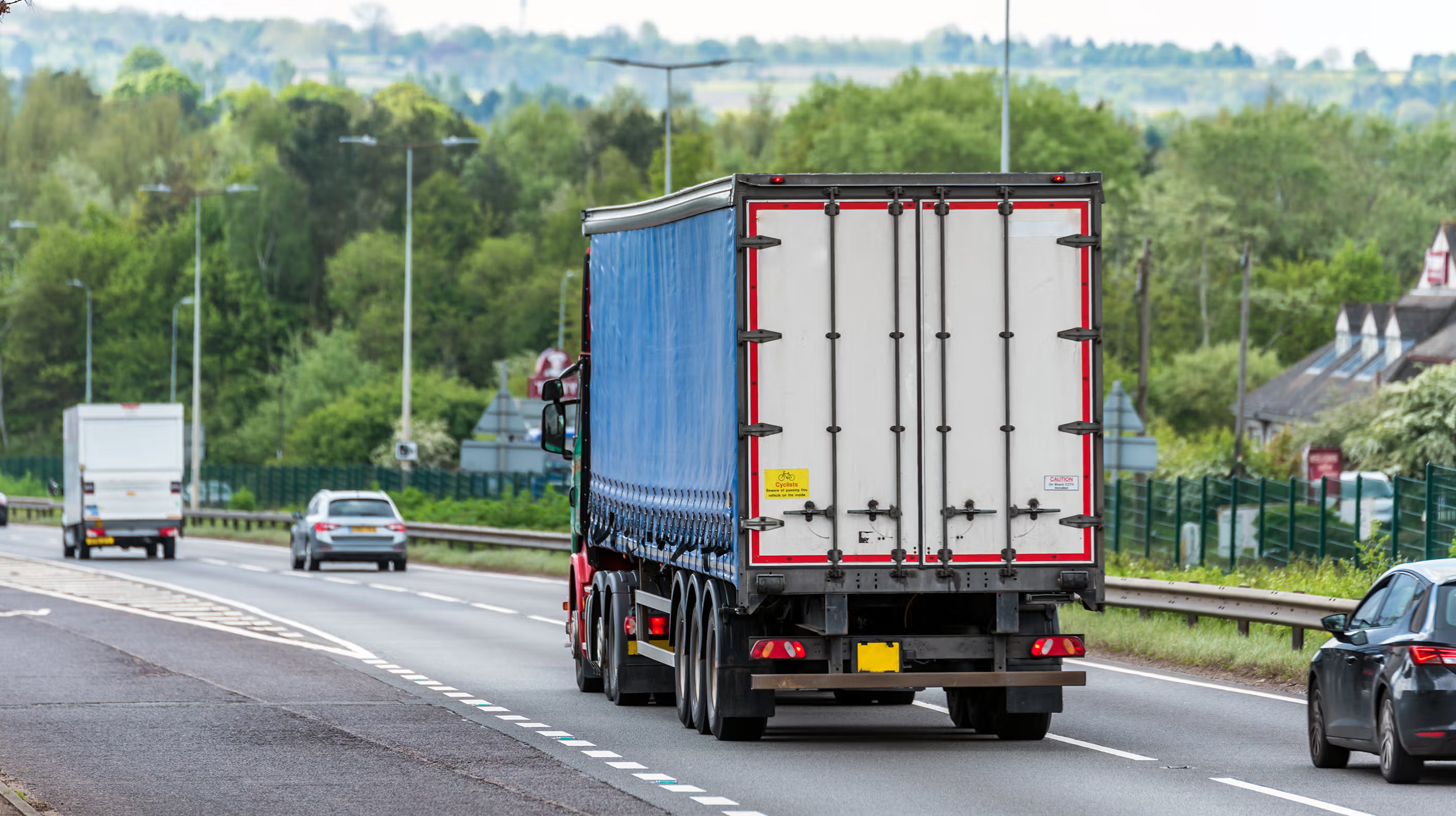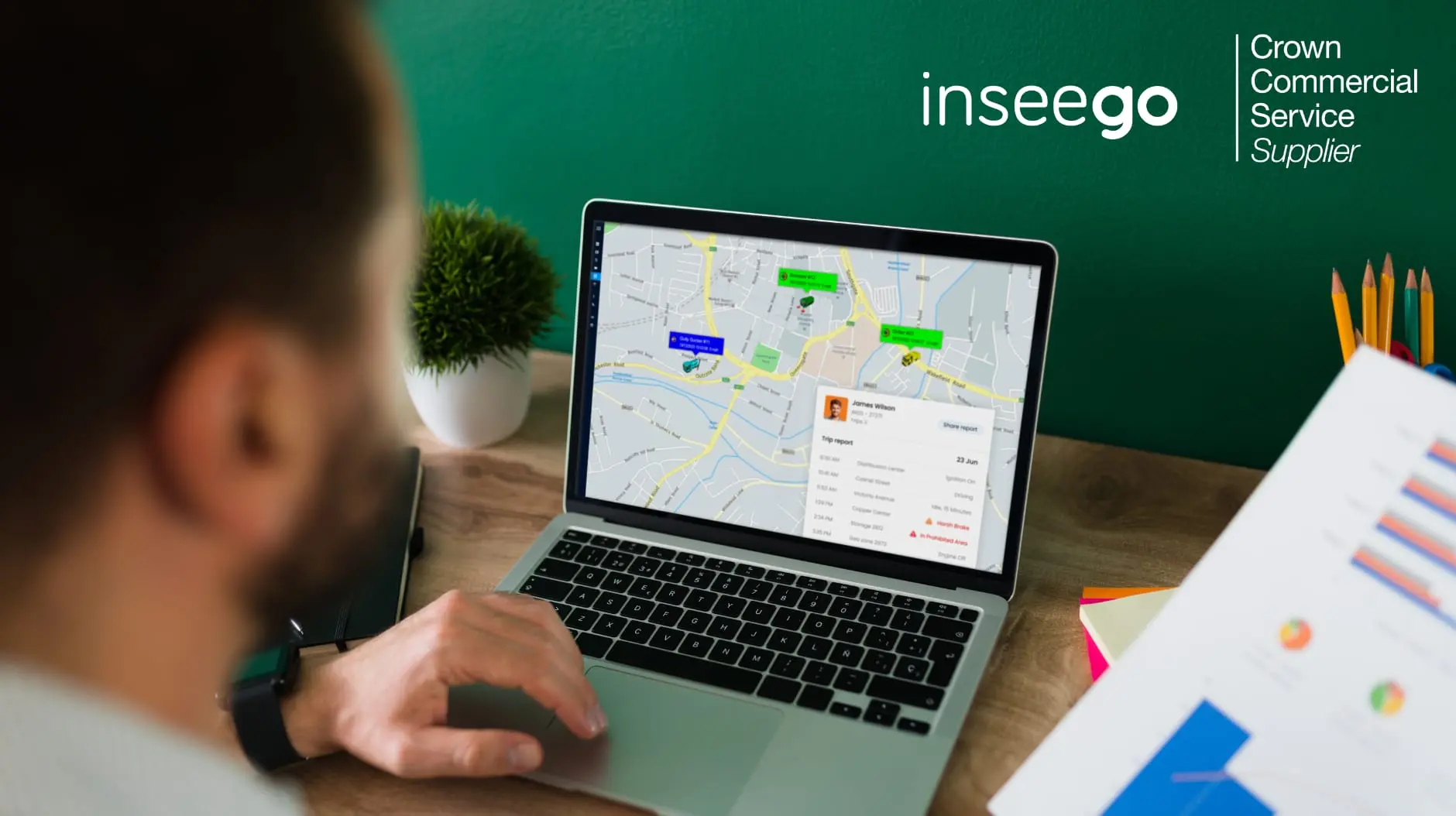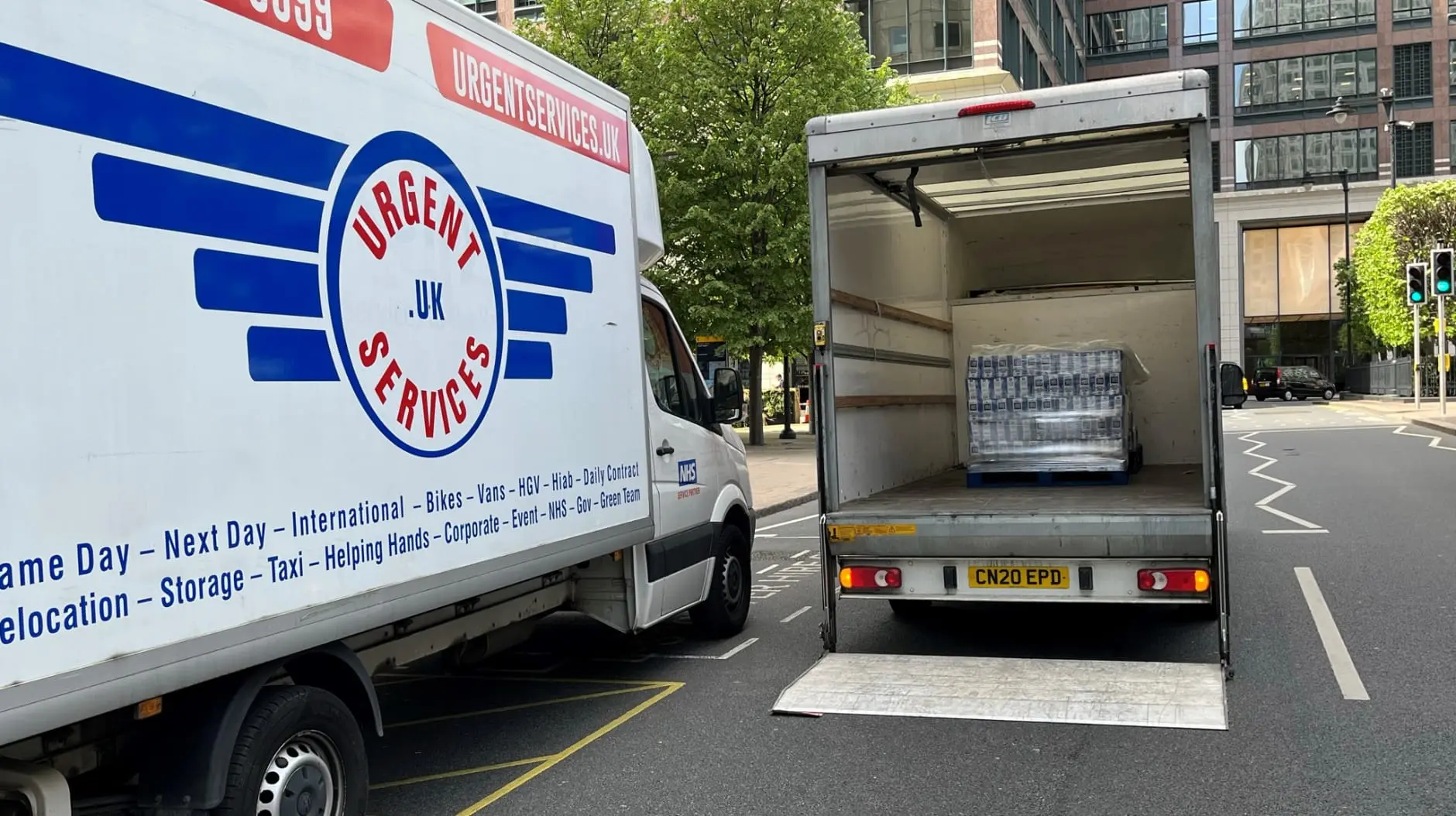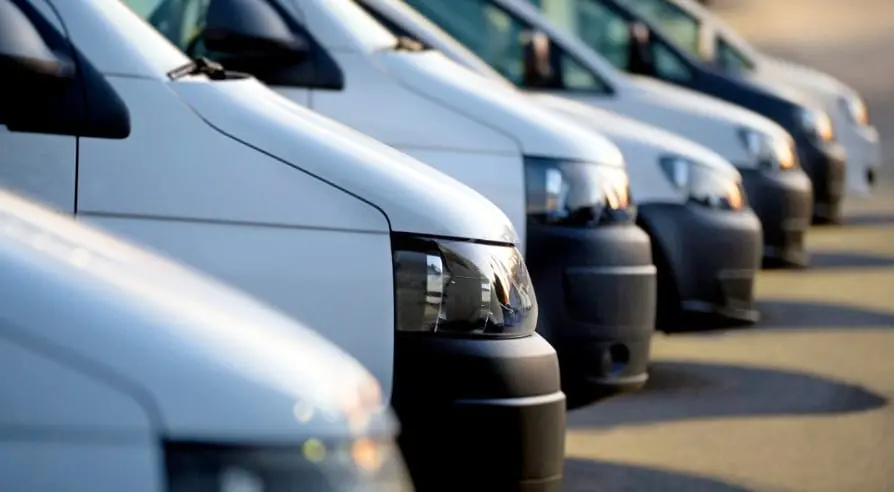Also in this category
View more in Vehicle & Equipment ManagementVehicle & Equipment Management
When Will Fuel Prices Go Down?
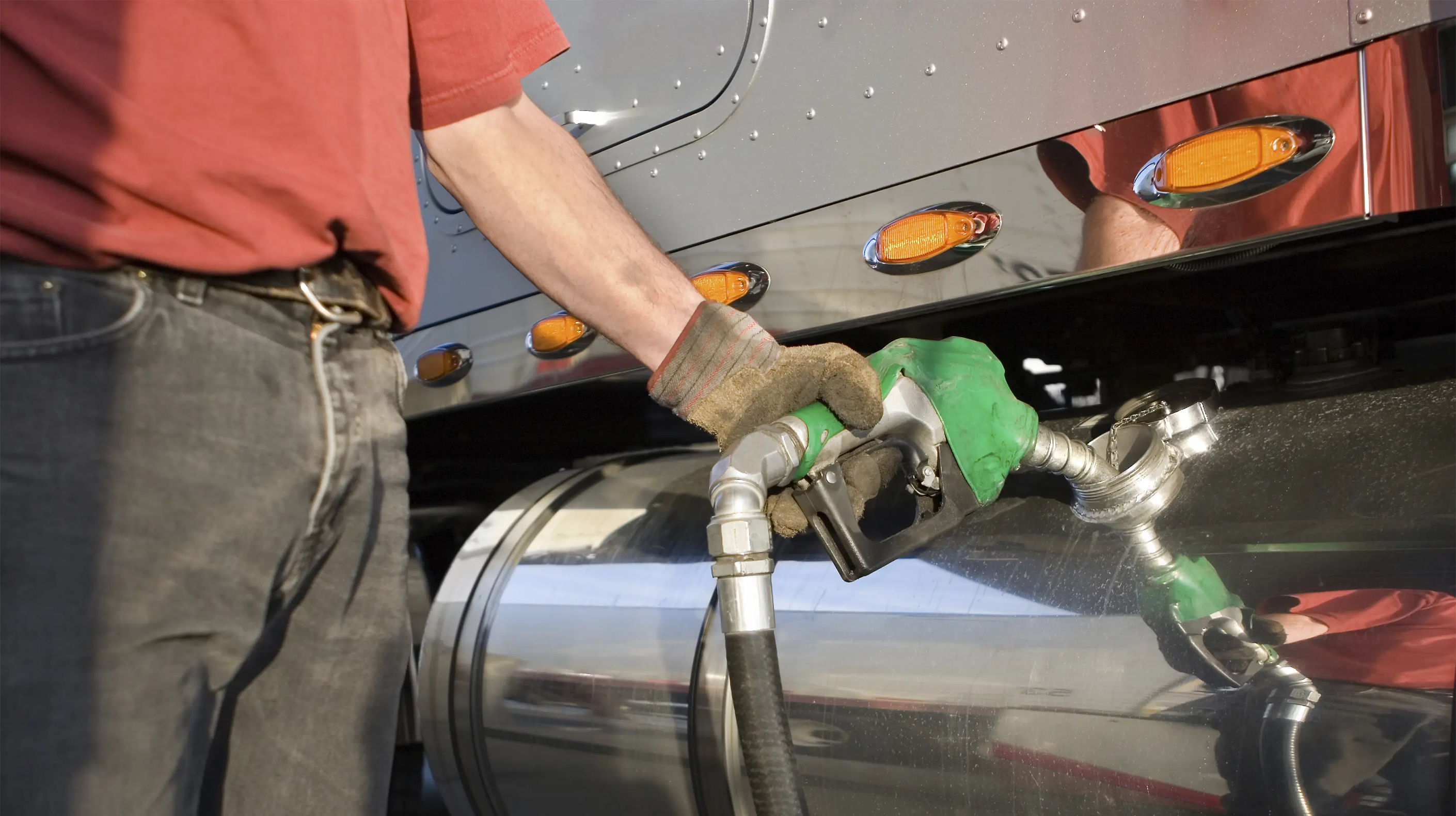
Times are tough at the moment as the cost-of-living crisis is affecting people all over the country. Alongside this, fuel prices have reached record highs over the last 12 months. The question everyone’s asking is: will fuel prices go back down?
In this article, we explore why fuel prices have been increasing and whether fuel prices will go back down. You’ll also discover how Inseego’s GPS Tracking System can help you manage the fuel consumption and fuel costs of your fleet of vehicles.
Why are fuel prices increasing?
There are a few factors contributing to the price increase of fuel, including:
Price for crude oil increasing
Crude oil is the product used to make petrol and diesel. During the pandemic, the price of oil fell significantly as the world slowed down, but as soon as the economies started to pick up again oil suppliers around the world struggled to keep up with the demand– which led to the increase in crude oil prices.
Russian invasion of Ukraine
Although it may be surprising to some people, Russia invading Ukraine has been a big contributor to the petrol and diesel price increases.
Russia is one of the main exporters of oil, supplying countries all over the world with crude oil. The Russian invasion of Ukraine has led to a lot of western countries, including the UK, cutting ties with Russia and going elsewhere to get their oil.
Although Russia only supplies the UK with just 6% of their oil, other countries cutting ties with Russia means that it’s increased the demand on the other oil suppliers – causing the price of oil to rise.
The value of the British pound
Oil is paid for in US dollars, and the recent decrease in the value of the British pound means our currency is now weaker than the US dollar. This increases the wholesale price of oil, as we need to pay more to make up the difference in value.
How is the cost of fuel broken down?
According to the RAC, this is how the price of a litre of fuel is broken down:
- 45% of the cost goes to the supplier.
- 29% of the cost covers fuel duty (a tax for fuel).
- 17% of the cost covers VAT (VAT is normally 20%, however, it makes up 17% of the price for a litre of fuel).
- 7% of the cost covers the price of biofuel petrol or diesel (fuel made from renewable materials).
- 2% of the cost covers profit for the retailer selling the fuel.
- 1% of the cost covers the supply and delivery of the fuel.
To help tackle the increased fuel costs, the government announced that they had cut fuel duty by 5p a litre for 12 months – saving drivers money when they filled up their cars. However, the average price of fuel has continued to increase, so drivers have seen little benefit from this price cut.
When will petrol prices go down?
Everyone is wondering how high fuel prices will go, but it’s hard to predict as it is completely dependent on the price of oil. Fuel prices are unlikely to go down until oil suppliers around the world can compensate for the loss of Russia’s oil supply.
Until this happens, you should look into methods of managing your fuel consumption and costs, to limit the financial impact on your business.
Save money with Inseego’s innovative fleet management solutions
Our top-of-the-range GPS tracking technology allows you to monitor your fleet’s journeys, see the routes they take, and assess the efficiency and driving behaviours of your fleet.
Our route optimisation technology will offer alternative routes to improve fuel consumption and decrease your overall fuel costs, as well as provide insights into your fleet’s driving habits that can contribute to fuel wastage.
Our fleet management solutions also make your fleet more effective, allowing your drivers to get more work done without adding any other vehicles to your fleet – improving your return on investment.
